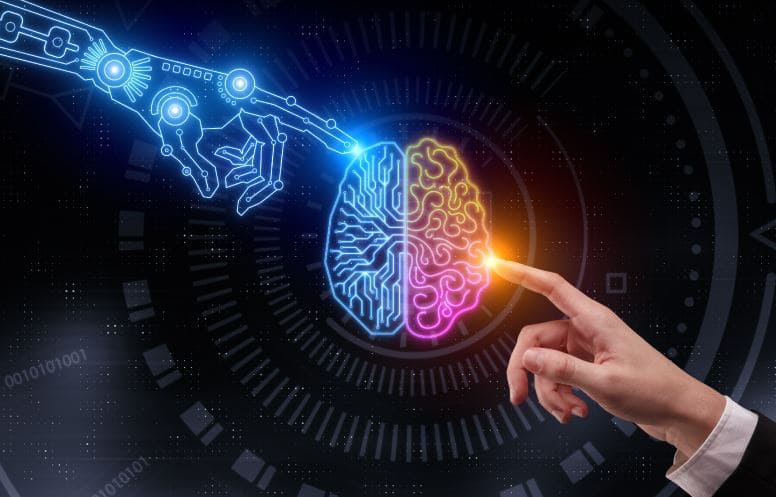Introduction
Artificial Intelligence (AI) is a double-edged sword, capable of immense good or potential harm. With its integration, a myriad of ethical implications arise, sparking concern and debate. The dialog on the ethical dimensions of AI is not just timely but a necessary undertaking in the technologically advancing world. In the realm of AI, privacy concerns, potential biases, and economic opportunities are pressing ethical implications that necessitate rigorous examination and responsible management for a balanced technological future.
AI Privacy Concerns
One of the most pressing moral issues of AI is privacy. For instance, in academic discourse on computing ethics, scholars highlighted privacy as the most prominent AI concern (Ouchchy et al. 933). In this case, the emphasis on privacy underscores the potential risks that AI poses to personal data security. They argue that AI systems, which often rely on large amounts of personal data, must be designed and used responsibly to protect individuals’ privacy rights. Therefore, programmers need to adopt strict privacy measures in AI development and application, stressing that confidentiality is a significant ethical alarm in AI.

AI Leading to Bias
Bias is another debatable ethical implication related to AI. While AI presents opportunities for advanced healthcare predictions, the use of homogeneous datasets and underrepresented populations restricts its generalizability and increases the risk of biased decisions (Celi et al. 1). If the data used to train AI models lacks diversity or does not adequately represent all populations, the AI’s ability to be applied broadly is restricted. Such a case may lead to unfair decisions by the AI, as it may perform less well for all groups or situations. To address the bias, long-term infrastructure development in data-poor regions is needed, alongside diligent external validation and recalibration of models by researchers, ensuring that AI findings can be applied to diverse populations globally (Celi et al. 15). This approach concentrates on boosting scientific abilities in data-limited regions, ensuring AI model validation, enhancing accuracy, improving applicability, and promoting equal access to AI tools. Thus, while AI’s potential is vast, addressing its biases and ensuring diverse data representation for equitable benefits is essential.
AI’s Economic Potential Explored
While the ethical implications of AI deserve substantial attention, it is also essential to consider the potential economic benefits that AI can bring to people. For example, AI-based systems can substantially enhance efficiency and cost-effectiveness, addressing the issue of a quarter of U.S. healthcare expenditure being squandered due to preventable system faults (Khanna et al. 2). AI-powered tools analyze the data to identify patterns and anomalies, leading to cost savings and improved patient outcomes. However, it is crucial to ensure that these AI systems are developed and used ethically, respecting patient privacy and autonomy. Hence, while AI offers promising economic benefits in healthcare, ethical considerations must remain a priority.
Conclusion
Addressing the moral implications of AI is crucial for a balanced, innovative era. Privacy risks and the need for strict measures highlight the importance of responsible AI development. Biases resulting from homogeneous datasets and underrepresented populations call for long-term infrastructure development and rigorous validation of AI models. Although AI offers economic potential, prioritizing patient privacy and autonomy is paramount.
Works Cited
Celi, Leo Anthony, et al. “Sources of Bias in Artificial Intelligence That Perpetuate Healthcare Disparities—A Global Review.” PLOS Digital Health, vol. 1, no. 3, Mar. 2022, pp. 1–19, doi:10.1371/journal.pdig.0000022.
Khanna, Narendra N., et al. “Economics of Artificial Intelligence in Healthcare: Diagnosis vs. Treatment.” Healthcare, vol. 10, no. 12, Dec. 2022, pp. 1–38, doi:10.3390/healthcare10122493.
Ouchchy, Leila, et al. “AI in the Headlines: The Portrayal of the Ethical Issues of Artificial Intelligence in the Media.” AI & Society, vol. 35, Mar. 2020, pp. 927–937, doi:10.1007/s00146-020-00965-5.


